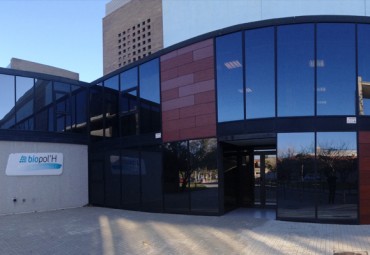Language prediction hierarchies in early bilinguals
Both native and proficient non-native speakers can efficiently handle contextual cues to generate reliable linguistic expectations. However, the link between the variability of the linguistic background of the speaker and the hierarchical format of the representations predicted is still not clear. We investigated whether the native experience of typologically highly diverse languages (Spanish and Basque) affects the way early balanced bilingual speakers carry out language predictions. During Spanish sentence comprehension, participants developed predictions of words the form of which (noun ending) could be either diagnostic of grammatical gender values (transparent) or totally ambiguous (opaque). We measured electrophysiological prediction effects time-locked both to the target word and to its determiner, with the former being expected or unexpected. ERPs showed that both Spanish and Basque natives optimally carry out lexical predictions independently of word transparency. Crucially, in contrast to Spanish natives, Basque natives displayed visual word form predictions for transparent words, in consistency with the relevance that noun endings (post-nominal suffixes) play in their native language. We concluded that the native language experience largely shapes prediction mechanisms, so that bilinguals reading in their second language rely on the distributional regularities that are highly relevant in their first language. More importantly, we showed that the individual linguistic experience hierarchically modulates the format of the predicted representation.
In order to find additional evidence that prediction processing is actually hierarchical, we tested the format of the representation on which prediction is based. Subjects went through a word matching task and a picture matching task in Spanish where they had to indicate whether the word they read or the image they saw matched with the noun they heard. Importantly, Spanish noun endings could be either diagnostic of the grammatical gender (transparent), or totally ambiguous (opaque). We measured the ERPs time-locked to the gender-marked determiner preceding the predicted noun. In the WMT both groups showed a negative (340 ms) effect on the determiner. Crucially, Basque natives displayed an earlier positivity (150 ms) for determiners preceding transparent nouns. In the PMT both groups showed an early activation (160 ms) for determiners preceding opaque nouns. On determiners preceding transparent nouns Spanish natives had an activation at 330 ms, while Basque natives displayed a later one (460 ms). We conclude that native experience models prediction mechanisms since bilinguals rely on the characteristics of the first language also for predicting in the second one. Furthermore, we provided critical evidence that linguistic prediction is hierarchical, with at least two different levels of operation differently represented in terms of neural timing.
 |

